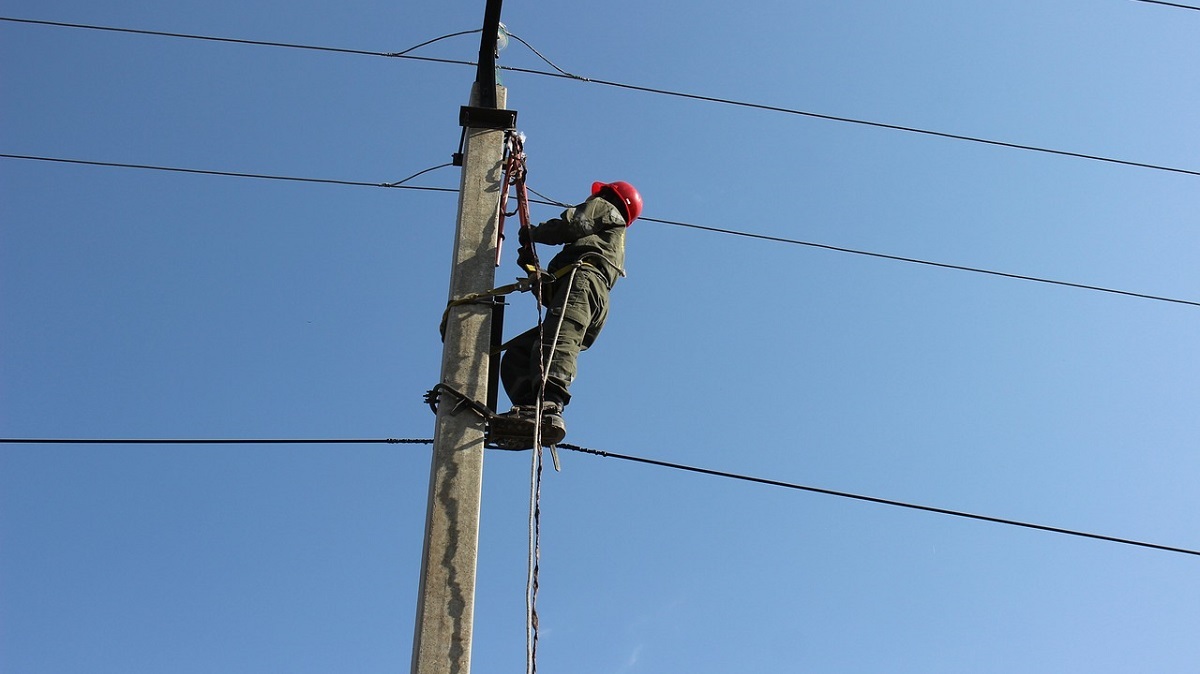A recent Energy Alliance study has found that switching from Texas' "competitive energy only" electricity market to a "capacity" market would result in higher costs without guaranteeing reliability.
The study, written by Bill Peacock, policy director of the Energy Alliance, compares the establishment of a capacity market to the levying of an energy tax, except these taxes would be paid back to the energy generators rather than collected by the government.
"A capacity market is one in which generators get paid once just for existing—then get paid again when they sell electricity," Peacock said in the report. "This double-dipping would increase the cost of electricity for Texas consumers."
Capacity markets pay power generators in advance at a set price. Generators are paid again by the consumer as the electricity is used and are paid regardless whether they produce power or not, Reuters reported in February.
The current competition-based marketplace structure of the Texas electricity market began in 1999; the system relies on buyers and sellers informing generators of how much electricity Texans require and what the appropriate price should be.
Recently, State Rep. Chris Paddie (R-Marshall) introduced House Bill 4378, which calls for the state to abandon its existing market approach in favor of a capacity market, in which Texans pay for their grid's capacity to generate power, rather than their actual electricity usage.
However, Peacock maintains that such a change would simply transfer the financial burden to Texans, as switching to a capacity market would increase energy costs for Texas residents by $4 billion to $8 billion per year.
"It is basically an electricity tax of about $4 billion to $8 billion a year," Peacock told Lone Star Standard. "The reason for this is that a capacity market would tax Texans to pay for plants they already have and for future plants they may not need."
Peacock's report also finds that if Texas implements a full capacity market for electricity, Texans will have an electricity grid similar to that of California and New York, which will be no more efficient but significantly more expensive.
"Looking around the country, there is no evidence that existing capacity markets operated in other states are any more reliable than the Texas market," Peacock said.
Opponents of a competitive market argue that a capacity market will improve grid capacity to avoid conditions like the widespread blackouts in February. However, capacity was not the cause of Texas' winter storm disaster. As seen in data from ERCOT, wind generation drastically underperformed in comparison to its installed capacity. Under a capacity market system, these generators would have been paid for their full capacity, even though they only generated a fraction of that amount when Texans were in most need.
Texas already has a capacity market in the form of the Operating Reserve Demand Curve (ORDC), a mechanism used by energy regulators to artificially increase power costs, mostly due to unreliable renewable generators, according to the Energy Alliance report.
According to Peacock, the ORDC raised the price of energy by $3.6 billion in 2019, an increase that was entirely out of consumers' control.
Additionally, the Texas Public Policy Foundation believes that a capacity market would "do nothing more than import ineffective regulatory policies from the Northeast," according to a study published by the Lone Star Standard.

